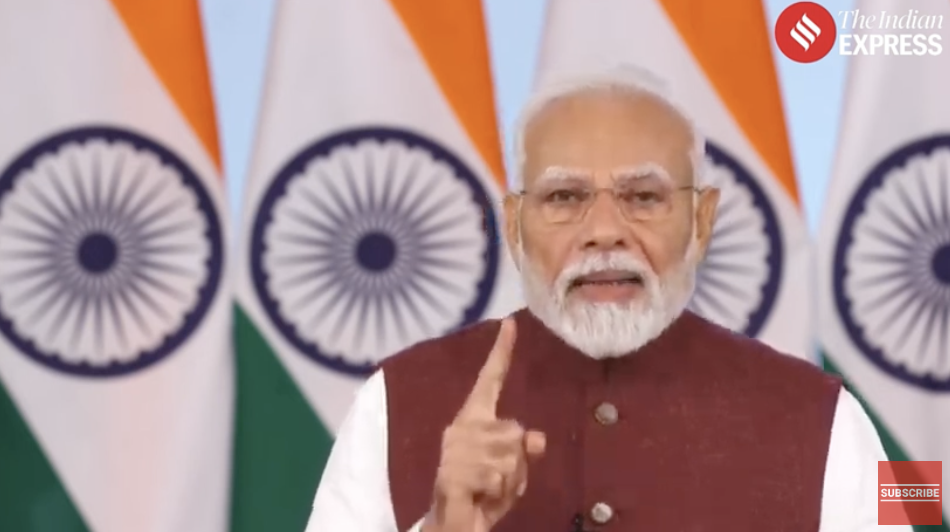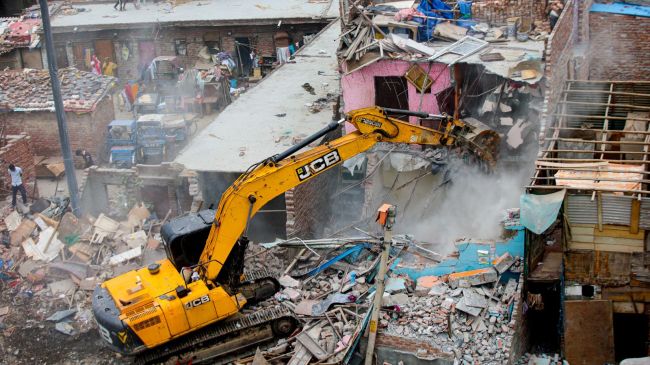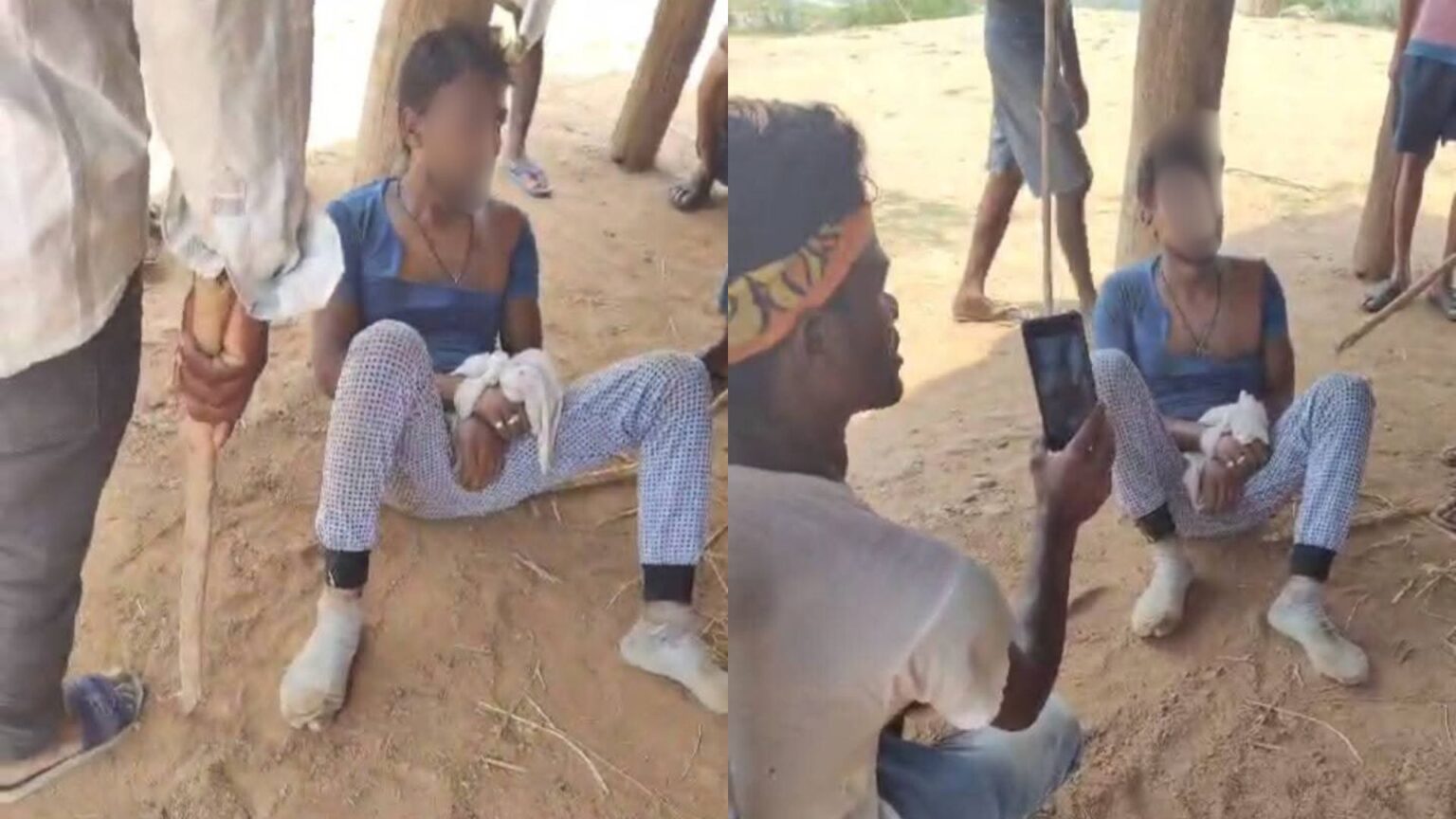
By SARITA PANDEY / American Kahani
Human rights defenders targeted by India’s criminal justice system have accused the Supreme Court of being complicit in the persecution of the civil rights community by Prime Minister Narendra Modi’s government. In fact, the court now protects law enforcement from being investigated and held accountable for its crimes, they have said.
The reality, several activists say, corresponds with former law minister and veteran Supreme Court lawyer Kapil Sibal’s recent comment that there was “no hope left” from the country’s highest court for the protection of civil rights and liberties.
Speaking at a people’s tribunal in New Delhi on August 3, Sibal had cautioned that those who expected “relief” from the Supreme Court were “hugely mistaken.” He said the court was no more independent because its judges were appointed “through a process of compromise” and there was “no system” to determine who heard which cases, making it possible for pro-government judges to biasedly rule against activists.
“The judicial system has turned anti-poor, anti-Dalit, anti-Muslim, anti-women, anti-indigenous people,” said activist Himanshu Kumar, who has faced arrest since the Supreme Court last month dismissed his petition seeking an investigation into the killing of 17 adivasis (indigenous people) by security forces in Chhattisgarh state in 2009.
The Supreme Court’s Kafkaesque ruling against Kumar has been widely criticized as it is based on submissions from the police, the agency accused of committing the crimes. Instead of questioning the police, the Court ruled without evidence that Kumar had lied.
“I don’t go to the court with any expectation of justice,” said Soni Sori, who has been long attacked for her activism, with the police once inserting stones in her vagina. Speaking from her home in Chhattisgarh’s Dantewada, where police have a history of extreme against civilians, she added: “I fight the legal battle only because if I don’t then what will I say to the people tortured by the police come to me for help every day?”
Sori’s narration of horrific police atrocities in Chhattisgarh is not for the faint of the heart. “I meet pregnant women brutally gang-raped by the police. I meet children whose fathers were killed. I console women as their daughters lie unconscious after rape,” she said. “I have seen policemen throw money at girls after raping and leaving them naked and bloodied.” In many cases, not only did the courts fail to deliver justice but charged such victims, without evidence or inquiry, with armed insurgency and sent them to jail.
The “biggest problem” the victims faced was that the Supreme Court would “not even list [for hearing] or accept” their petitions, said activist Nadim Khan of United Against Hate, a collective. Khan was slapped with bogus criminal charges after he organized nationwide protests in 2019 against the Citizenship (Amendment) Act (CAA), a law globally criticized for aiming to turn India’s 200 million Muslims into noncitizens.
This story was originally published in americankahani.com . Read the full story here






